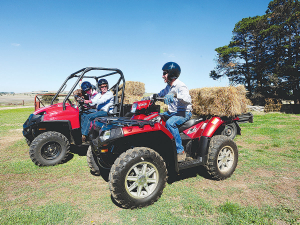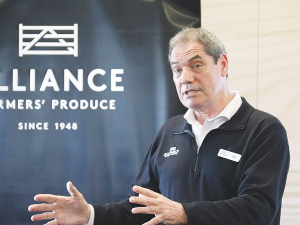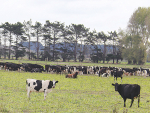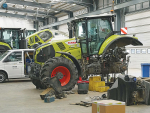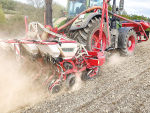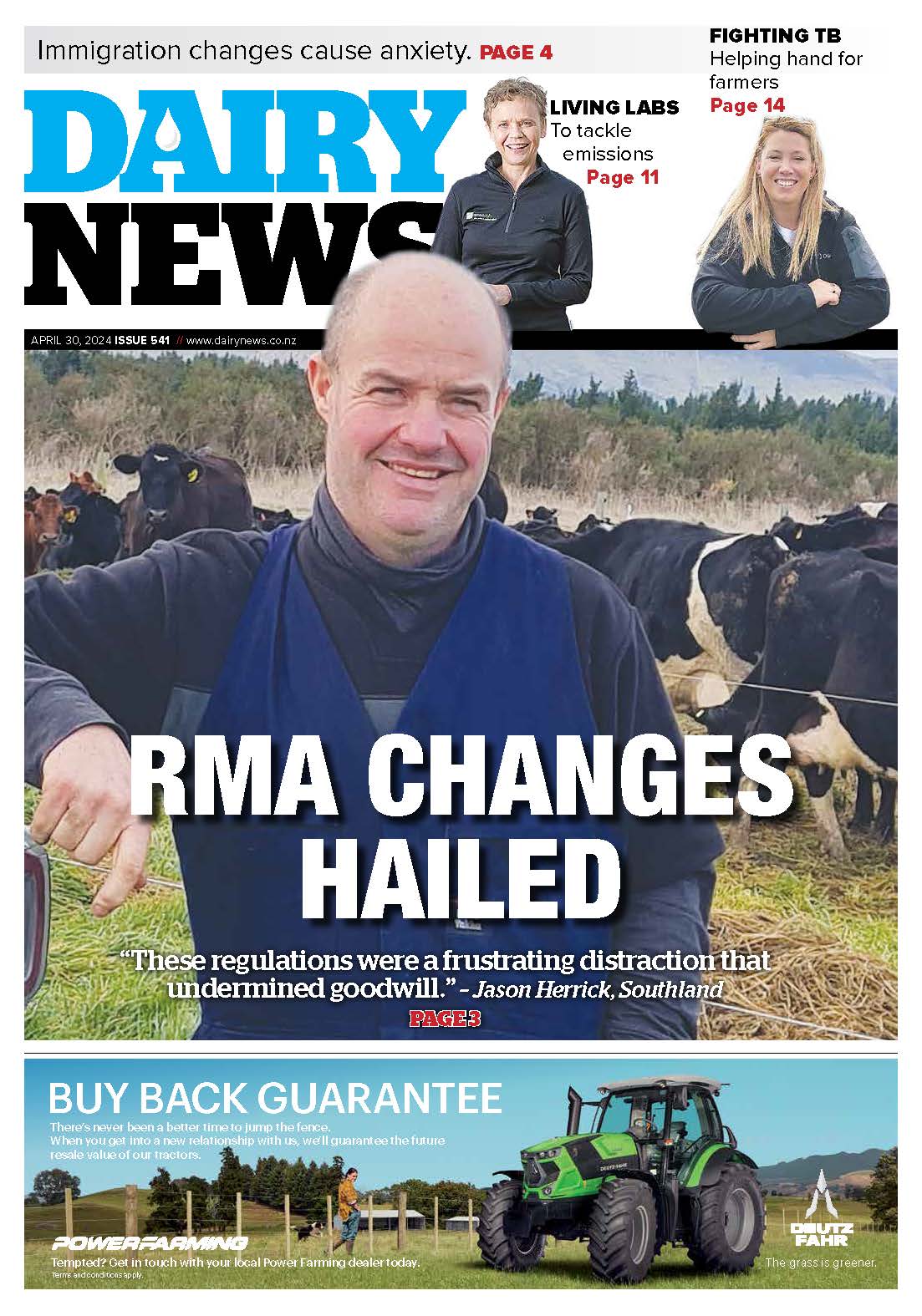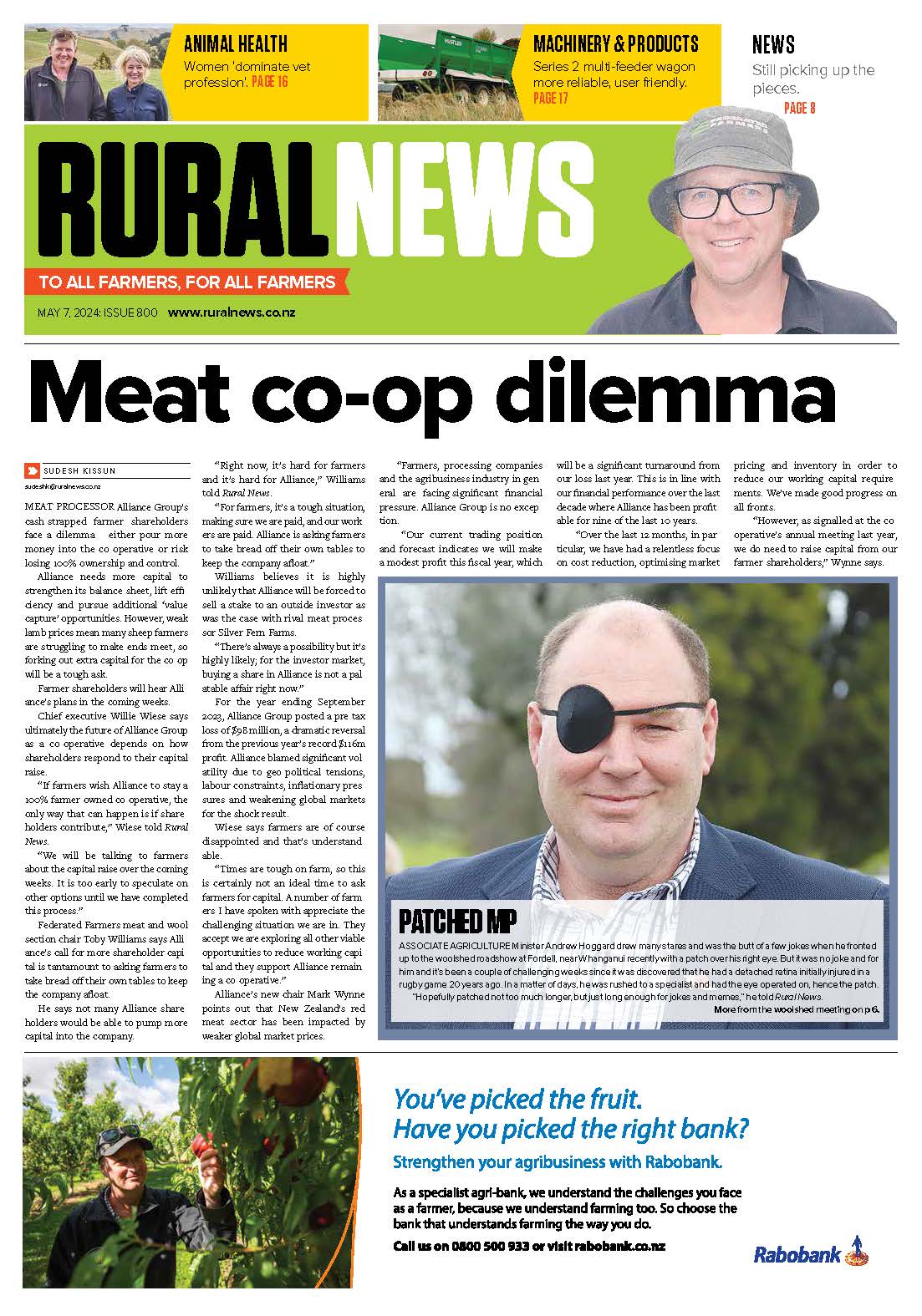A recently released coroner's report into the death of a South Canterbury farmworker in 2019 raised the question of the suitability of safety helmets currently being used on farms.
Coroner Heather MacKenzie recommended that the Police, Worksafe and Waka Kotahi (NZTA) run a joint safety campaign regarding the appropriate use of AgHat safety helmets and their limitations. This came about as the farmworker was riding a two-wheeled farm bike on the open road, he fell onto the road and subsequently died. At the time, he was wearing an AgHat 2, widely used on farms, designed for all terrain vehicles (ATVs) rather than a motorycle being used on the open road.
Interestingly, AgHats meet the twin safety standards of AS/NZ 1801:1997-Type 1 and NZ 8600:2002 (ATV). However, looking at several websites that sell this product, there is no mention of the fact that these ratings are only rated for use of speeds at up to 30km/h. Indeed, in some listings the features of multi-fit, weight and colour are given more importance than safety ratings.
Given that these safety standards feature the dates of 1997 and 2002, one wonders if they are fit for purpose given the huge changes in ATVs over the last two decades, particularly in performance, which in most cases is far in excess of 30km/h. Recently, this writer tested a machine, being sold as dual-purpose for farm and recreational use, where 100km/h+ could be brought up very quickly on the digital speedo.
Of course we need to commend those riders who are choosing to wear safety headgear as statistics show that doing so has the greatest potential to prevent serious injury or fatalities. But we need to see much more in-depth information at the point-of-sale to allow purchasers to choose the right headgear for their work environment.
On a broader note, UK research suggests that two thirds of ATV and UTV riders till don't wear a helmet, citing bizarre reasons such as they feel foolish wearing a helmet on their own farm, or the fact they don't ride fast enough to warrant wearing one.
The report by the University of Aberdeen found that 63.5% of riders owned a helmet, but only 29.9% reported wearing that helmet frequently or always. The research identified several underlying factors, many around personal perceptions, that stopped riders wearing helmets, including: ‘a helmet isn’t necessary for short rides; I am an experienced rider so don’t need a helmet; I don’t race or do stunts so a helmet isn’t necessary; as an adult, I look foolish wearing a helmet; none of my mates wear one; they are too hot; and, they are uncomfortable’.
Other comments included: ‘when I’m in a rush, I forget to wear my helmet; I can never find it when I need to use it; and, when I’m tired, I’m less likely to wear a helmet’.
The statistically proven fact is, wearing a helmet has the biggest potential to prevent serious injuries or fatalities compared to other safety devices, where benefits are not backed up by independent testing. Choose a helmet that fits well, is comfortable and doesn’t impair you from operating the vehicle safely, but most importantly – wear it!





